Violation of Local Ballast Water Regulation Lands Ship’s Master in Trouble
A vessel arrived in a port to discharge her cargo of chemicals. The same day, the Master was summoned to the harbourmaster’s office for an alleged violation of the local ballast water regulation. He was somewhat surprised, as the ballasting plan had not been to discharge any ballast – quite the contrary, it was to take on ballast as they discharged cargo. Prior to attending the meeting, the Master asked the OOW if they had carried out deballasting, and the OOW confirmed that they had not.
Once with the Harbour Master the vessel’s Master was shown photographic evidence that clearly showed ballast water being discharged from the ship. Based on this evidence the Master had to acquiesce and issued a statement to the Port Authority that no further violation of local rules would take place.
On returning to the ship, now armed with additional information, the Master again questioned the OOW about deballasting. He was then told that ship staff had inadvertently set up the ballast line and valve setting for deballasting instead of ballasting, and yes, some deballasting had inadvertently taken place.
All officers concerned knew it was contrary to local regulations to deballast, as the Master had told them this prior to discharge and it was not a planned manoeuvre in the cargo discharge plan. But an error had been made – yet, the persons involved were reluctant to admit the truth.
Lessons Learned
1. Deballasting in port can have serious administrative consequences if it is not done according to the rules. Although the International Convention for the Control and Management of Ships Ballast Water & Sediments (BWM Convention) is not yet in force, coastal states and local ports may have their own ballast regulations that must be followed.
2. Ballast lines and valves should be clearly marked and ballasting processes well documented. Double check all line-ups before pressing ‘pump on’.
3. It is ALWAYS better to come clean with the truth in the first instance rather than weave a web of lies or let the error remain unreported. Reporting errors, close calls or minor incidents is the basis of a strong safety culture. Not reporting has the effect of undermining safety and ‘’doubling-down’’ on any unwanted consequences.
Reference: nautinst
Do you have info to share with us ? Suggest a correction
- Real Life Incident: Vessel Collision in Good Visibility
- Real Life Incident: Severe Injury To Deck Crew While Leaving Berth
- Real Life Incident: Departure Damage in Very Restricted Waterway
- Real Life Incident: Low Situational Awareness Has High Impact Consequence
- Real Life Incident: Fouled Anchor in a Designated Anchorage
- Real Life Incident: Fire On Barge Carrying Scrap Metal Causes $7 Million Worth Of Damage
Latest Case studies Articles You Would Like:
Subscribe To Our Newsletters
By subscribing, you agree to our Privacy Policy and may receive occasional deal communications; you can unsubscribe anytime.



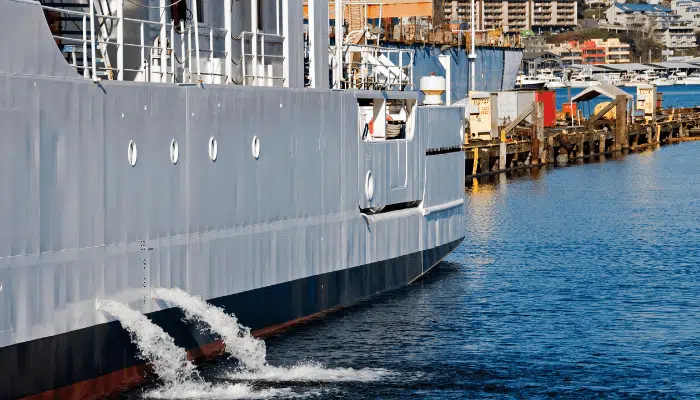

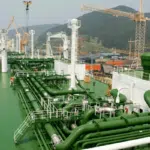
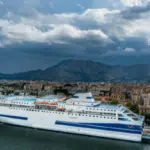
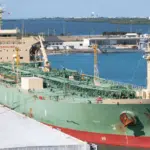
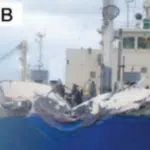

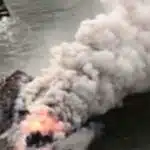
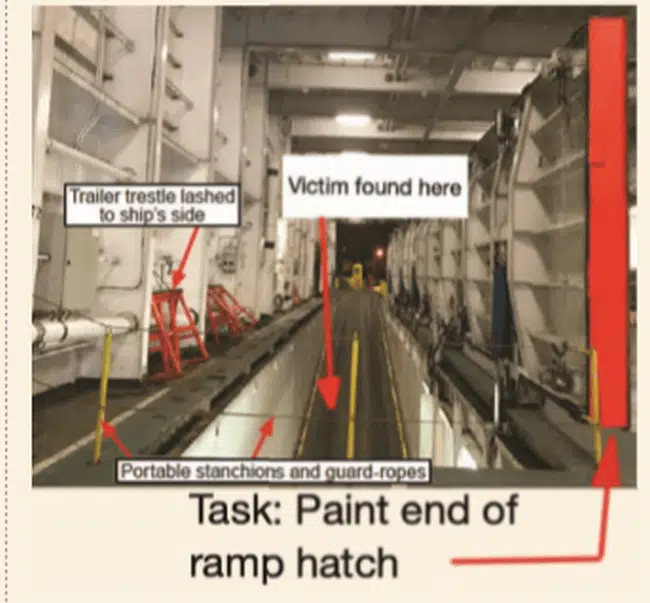
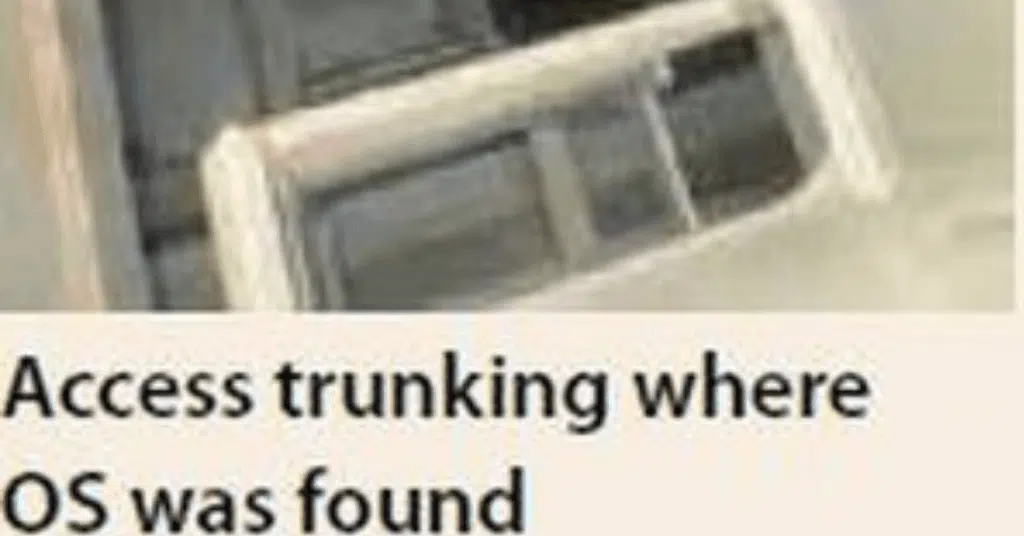
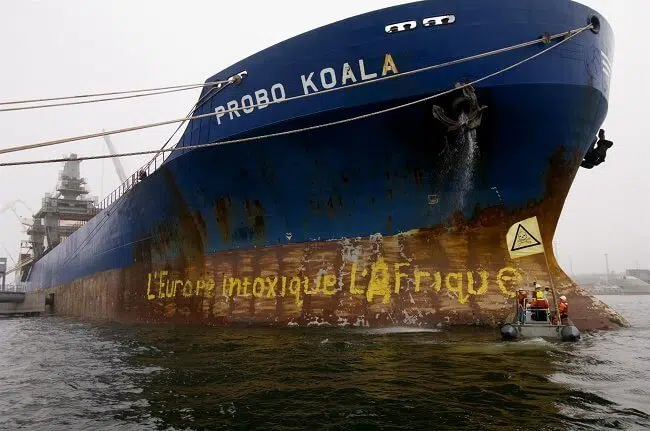
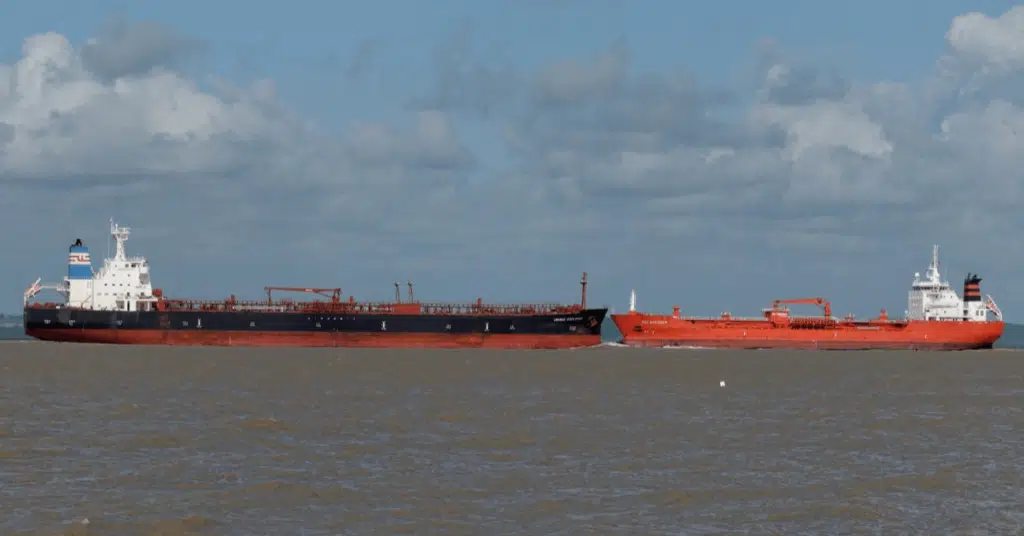
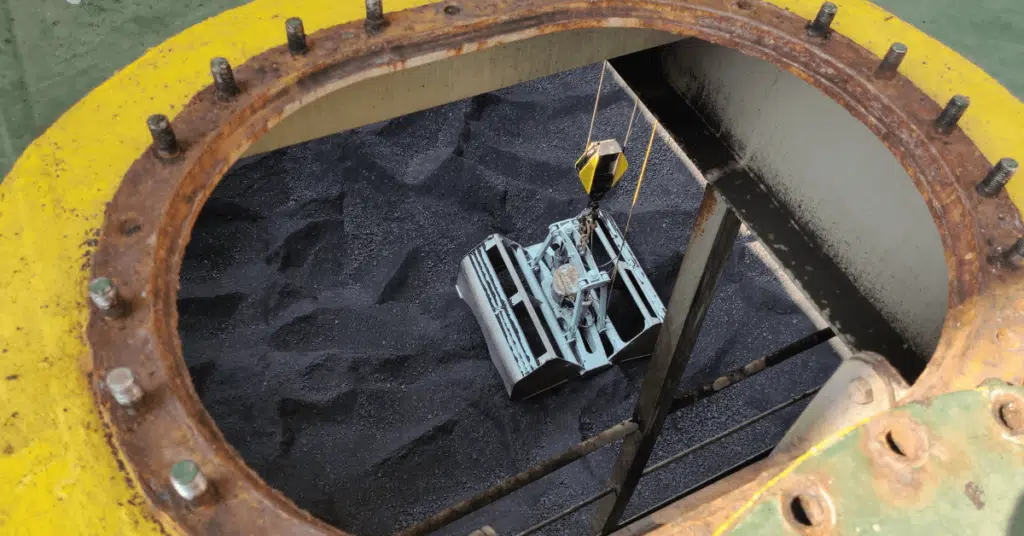
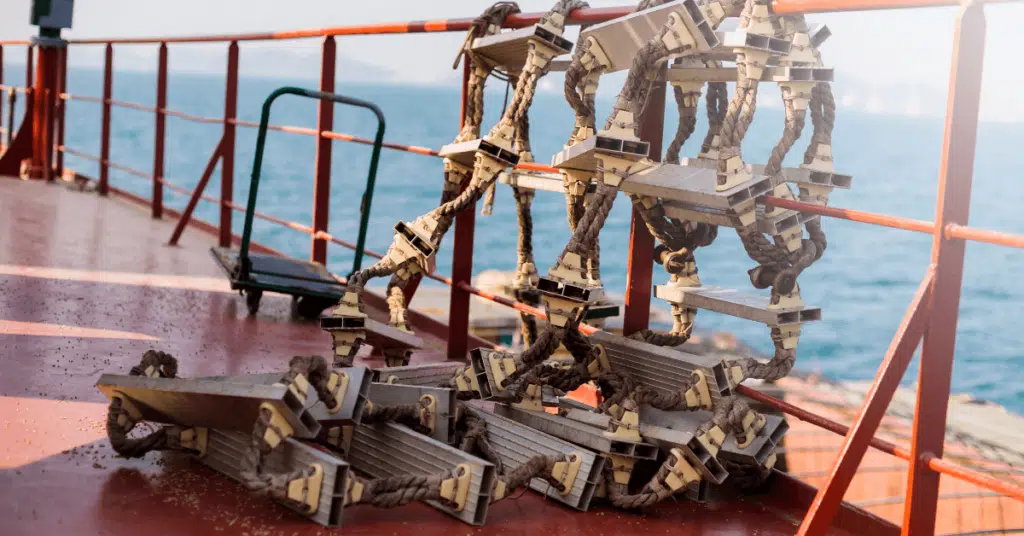
These days with increasing stress on preventing the marine environment and stricter laws for the same, has seriously changed the way shipping operates.
I was reading somewhere, that ‘OVER’ regularization of marine laws can have ‘tenebrous’ effects on Merchant Navy as profession. Only time will tell, who is right.
Anyways a nice article.